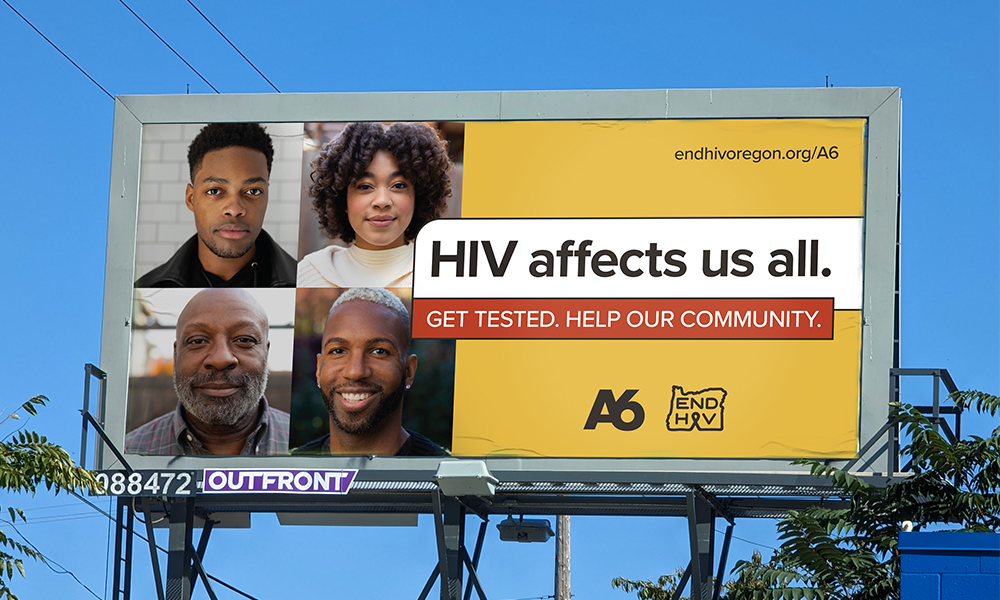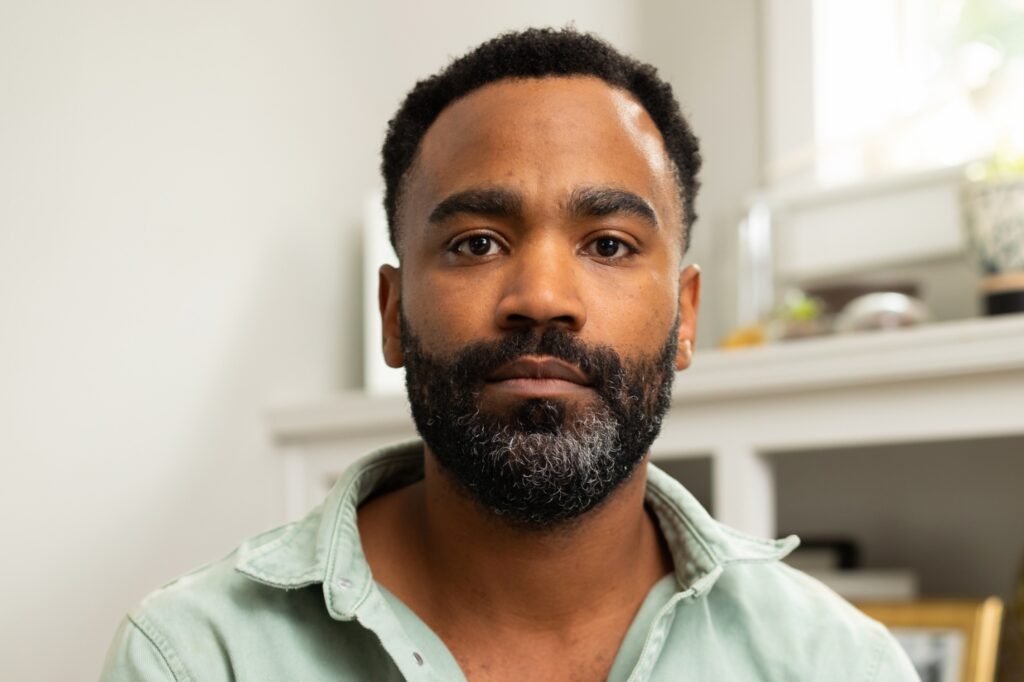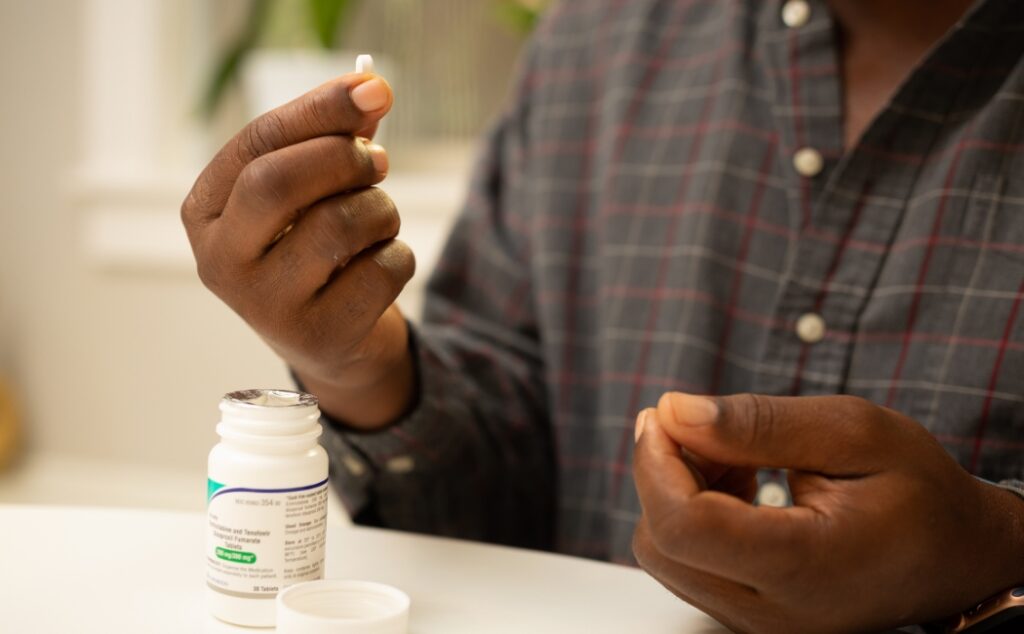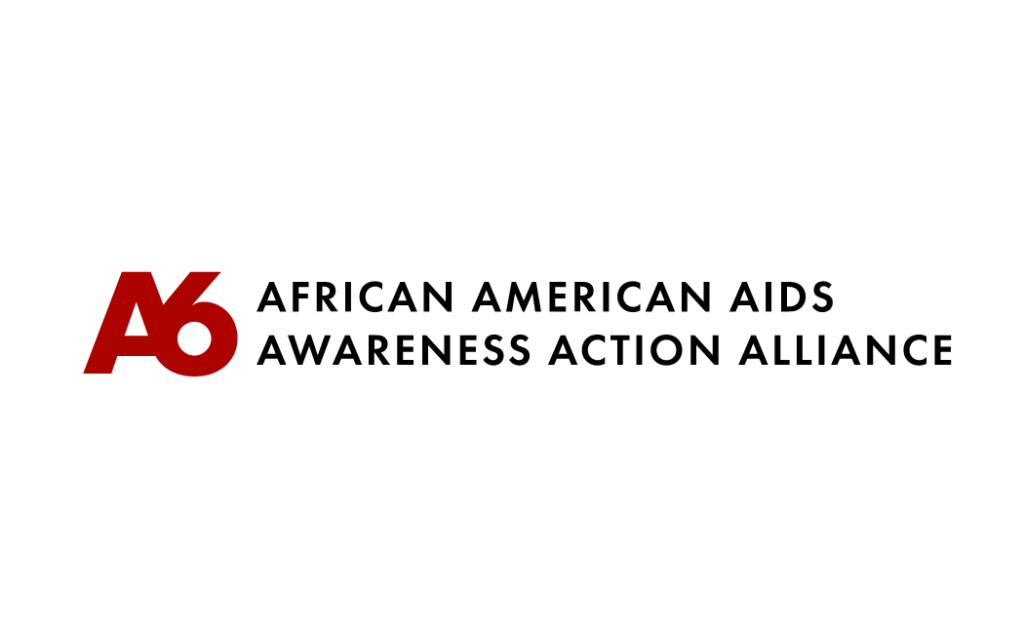
Partner-led campaign
The African American AIDS Awareness Action Alliance (A6) and End HIV Oregon co-developed an advertising campaign to encourage Black and African American people in the Portland metro area to get tested for HIV, and to start talking about sexual health to reduce stigma. Early testing allows people to get the health care they need to prevent HIV – or, if they are infected, to get treatment, protect their partners, and live long, healthy, sexually active lives.










